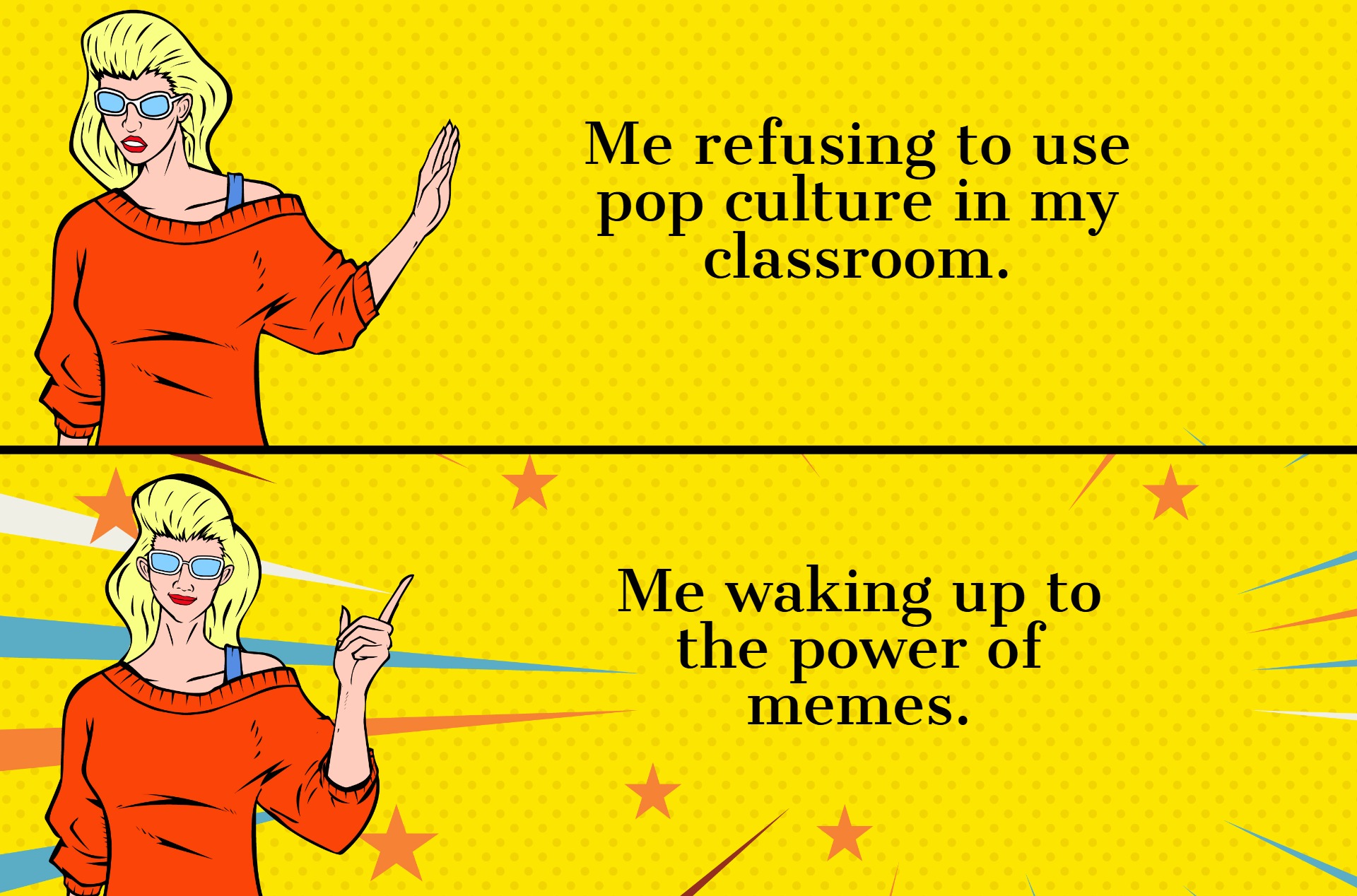Six steps for stellar student-supervisor meetings
Good ones don’t happen by magic. Aligning expectations in advance and being intentional can help.

Student-supervisor meetings are vital but too often leave either or both parties with little sense of success and satisfaction. Most higher-degree students also experience stress and depression during their studies. Meetings are a key means for supervisors to share and support students in and beyond the work and their role differences.
At our workshops over the last 10 years, we have heard endless frustrations about supervisory meetings. Students struggle to get the time and support they want, while supervisors bemoan having too many meetings and not enough capacity. With academic workplaces, staff, and students facing ever more pressure to complete programs of study on time: it’s in everyone’s interests to meet together effectively and efficiently. But, like so many vital elements of academic work: good meetings don’t happen by magic, yet supervisors still get little help or professional development for stellar meetings. Accordingly, here are six insights for student-supervisor meetings:
1. Plan together and early
How often do you want to meet together and for how long? Often supervisory meetings fall into default, periodical one-hour meetings, but this may not help either party enough.
Discuss your meeting expectations and needs early. Both parties should share their expectations candidly about their preferred meeting frequency and format. Some give-and-take will be needed, but listening, understanding, and acting on each other’s expectations and needs creates a strong foundation. Shift patterns over time if needed. Do you want equally frequent time? Can your default be 30 minutes? Check in regularly to ensure the arrangements serve the needs of both parties.
2. Have purpose and payoffs
With each meeting, be specific about the main outcomes that you want. If you can list these in an agenda and before the meeting, this can avoid drifting off topic. Agree early on in the process who is responsible for coordinating agenda items and ensure that before the meeting, both student and supervisor(s) get the chance to put items forward.
Tackle the tough but important discussion topics early on to align expectations, such as:
- Who is responsible for selecting the student’s research topic, theoretical framework, and methodology?
- Who is responsible for ensuring the student is connected to the appropriate and available supports and services available at the university?
- How much independence will the student have? And how often will the supervisor check in?
- Is emotional support and encouragement an expectation?
- Will the student share all drafts or only the ones they want feedback on?
- Who is responsible for decisions regarding the standard of the thesis or final project?
3. Pre-work
One person can share or send out an agenda to attendees in advance. Use a template that includes the amount of time blocked for each item on the agenda and who will speak to or is responsible for each agenda item. Use this agenda to note action items so follow-ups aren’t forgotten. Value others’ time by reading the agenda in advance. Bring anything needed to the meeting and ensure you have fulfilled any actions asked of you.
4. Parking lot
Staying on track is difficult when discussing interesting things. Try to stick to the agenda but when discussions flow into unexpected topics, use a “parking lot” to stop these from distracting the meeting from its planned agenda. These off-track or tangential items can be covered at the end of the meeting as time permits, or at another meeting.
5. Post-meeting assessment and work
The effectiveness of your meetings can improve over time with reflection, practice, and feedback. At the end of each meeting attendees could reflect and share what went well and what could be improved. This is an important, yet surprisingly rare step. It helps ensure that everyone has the opportunity to contribute any final points and generally comment on whether their expectations were met.
Allocate time at the end of meetings to complete any small action items before you go on to your next tasks. This could be a summary for personal use, adding future meeting dates or due dates to your calendar, or adding actions to your to-do list. These are easy to forget if you don’t do them right away.
6. Acknowledge power
Student-supervisory meetings are usually fused with perceived or actual power differentials and structural inequities. By openly acknowledging and addressing power in relationships, using active listening and prompts, and encouraging students to organize meetings too, supervisors can support students to share more openly about both their work and their well-being.
Meetings are a part of our academic work that we should never be fully satisfied with – and can always seek to improve over time. To meet the challenge of stellar meetings, we know you’ll have insights into what’s worked best for you and what hasn’t. Share them below in the comments to help us all.
Featured Jobs
- Psychology - Assistant Professor (Speech-Language Pathology)University of Victoria
- Canada Excellence Research Chair in Computational Social Science, AI, and Democracy (Associate or Full Professor)McGill University
- Business – Lecturer or Assistant Professor, 2-year term (Strategic Management) McMaster University
- Veterinary Medicine - Faculty Position (Large Animal Internal Medicine) University of Saskatchewan
















Post a comment
University Affairs moderates all comments according to the following guidelines. If approved, comments generally appear within one business day. We may republish particularly insightful remarks in our print edition or elsewhere.